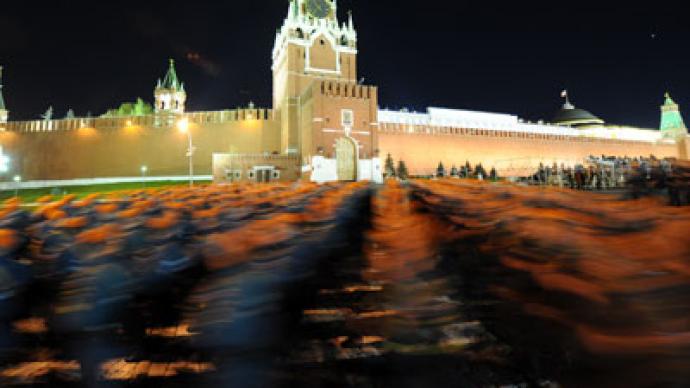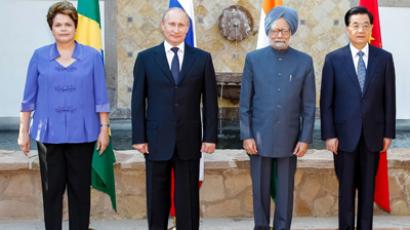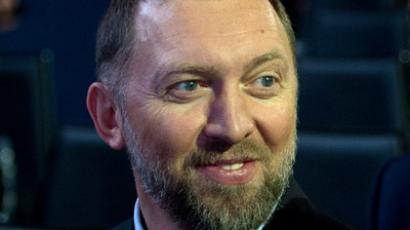Russia's Government sees the country at the forefront of global economy from 2030

There is another enthusiastic forecast for the Russian economy from the Ministry for Economic Development which is expecting it to become the world’s largest in 18 years. It’ll be happening at a time when conventional powerhouses are set to vanish.
Underpinned by better competitiveness and more efficient institutions, the Russian economy is due to reach an annual growth rate of 2.5% by 2030 – the level usual for a world economic powerhouse, according to the most modest scenario from the Russian government. The boldest of the three scenarios says Russia will be growing at an annual rate of 5.4% till 2030, with the pace of growth reaching the Chinese level of about 6.9% by 2016.The report follows another growth story for Russia that came as a part of an overall economic forecast by PriceWaterhouseCoopers. It said in the middle January that the country was due to overtake the German economy by 2020 and the E7 club of emerging economies will take the reins of the world economy in another 30 years.In the latest report by Russia’s Ministry, high oil prices remain one of the key drivers of the “Russian breakthrough,” as they are basically expected to balance between the current levels of about $110/bbl and $239/bbl.Positive changes are ahead for Russia already this year, according to Andrey Klepach, Russia’s Deputy Minister for Economic Development. “We assume that exports will recover in 2H 2013, as well as the environment in European markets, which will let us increase the pace of growth to 4% during the period, or even higher” as Gazeta quotes Klepach.Russia’s triumph is expected to come against a backdrop of conventional economic leaders falling away, the Ministry says. The world GDP will add 4.2% at best, with the figures in the EU and the US being at 2.8% and 2.1% accordingly. Despite all the projected changes, the dollar is expected to keep on strengthening, with the rate to Russian rouble varying between 35.6 roubles and 43.2 roubles in 2030. The employable population in Russia is also expected to shrink by 8mn – to 77.4mn.Russian experts remain skeptical at the attempt to foretell future economic leaders, as well as such uneasy things as the oil price and currency rate. “Now everybody is looking at Taiwan and Indonesia, but at the moment it’s quite difficult even to assume which players will have become global by 2030,” says Kirill Samyshkin, an analyst at Saxo Bank. “As for the oil price, it has been “jumping” from $35/bbl to $150/bbl during the past decade; it’s impossible to foresee where it will be by 2030,” Samyshkin concluded.Should the oil price drop to a “stress point” of $60/bbl, Russia’s GDP will shrink 5.9% year on year in 2013, with the budget deficit growing to 3.5tn roubles, or 6,4% of GDP, according to a crush-test by the experts from the High School of Economics. A sharp fall in oil prices would also leave Russia’s reserve fund, which stands at 2.6tn roubles, empty within a year say the experts.Currency rates are also a tricky thing, adds Aleksey Egorov, an analyst at NOMOS-BANK. We now have a tendency of a crisis emerging once in a decade, which makes it almost impossible to predict an outcome, the analyst explained.














